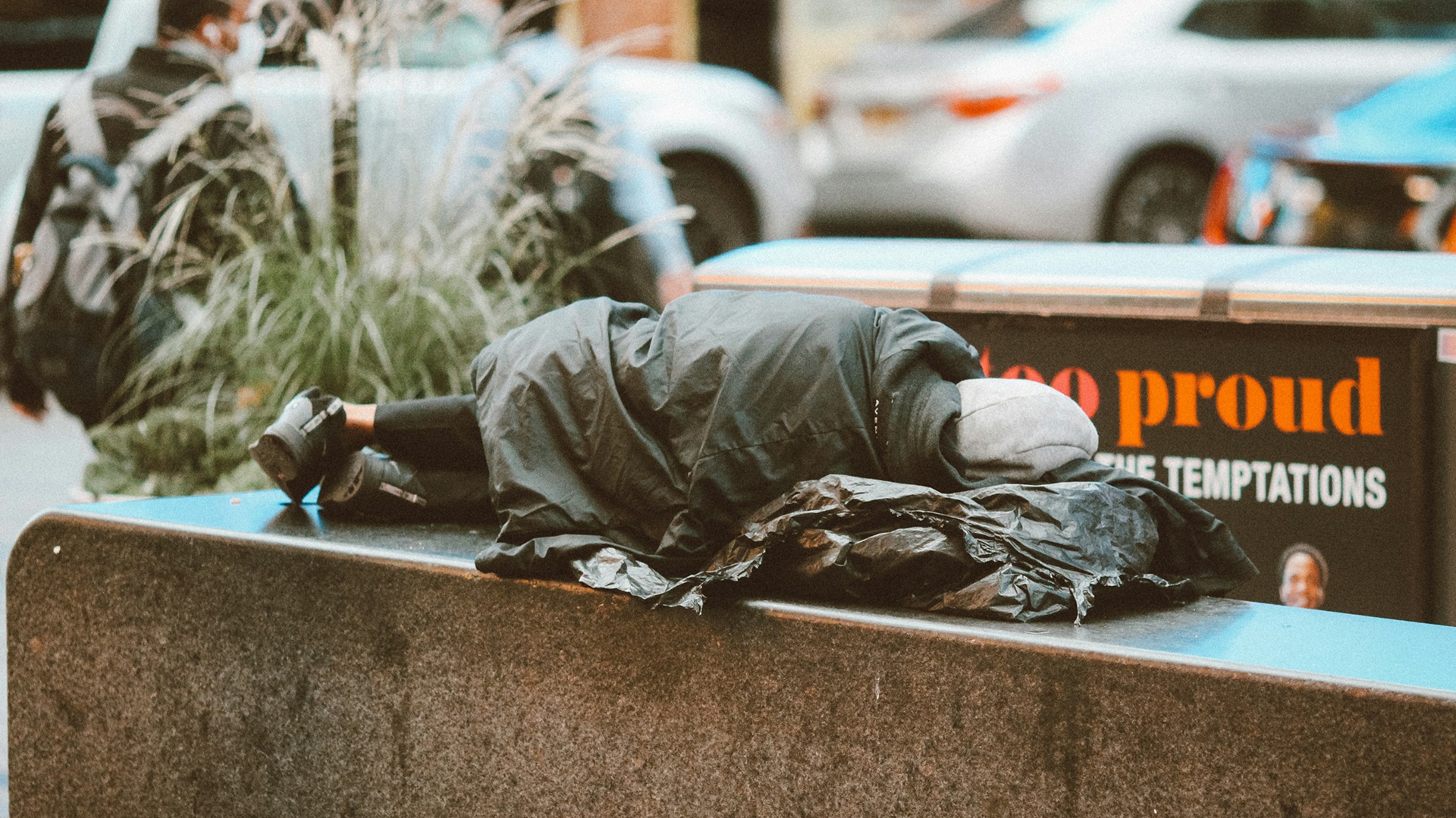Earlier this month, the government committed to repealing the Vagrancy Act 1824, a 200-year-old law that made rough sleeping and begging criminal offences in England and Wales. It is a long overdue move, especially as street homelessness continues to rise: an estimated 4,667 people slept rough on a given night last autumn, which was up 20% from 2023, and 164% since 2010. While hailed as a “monumental campaign win” by Crisis, repealing the Vagrancy Act alone will not end the criminalisation of street homelessness, however.
It is hard to believe a law passed just after the Napoleonic Wars is still on the books in 2025, but the Vagrancy Act has persisted through two centuries of governments and legislative changes. Over time, large parts of the act have been repealed, but two crucial provisions remain, targeting behaviours associated with street homelessness: section three, which criminalises ‘begging’, and section four, which makes it an offence to ‘sleep out’. Punishment for breaching either of these statutes includes a £1,000 fine or prosecution.
Since the early 2010s, convictions for breaching the Vagrancy Act have been decreasing, but the statute has still been used informally to move people experiencing street homelessness, like a widely criticised throwing away of tents and belongings in Camden in 2023.
While the government’s promise to repeal the Vagrancy Act is a welcome step, as a researcher who studies the use of anti-social behaviour powers, I think there’s a risk it may become largely symbolic. This is because the decline in its enforcement has been accompanied by a growing use of other powers, particularly, public spaces protection orders (PSPOs), which face less scrutiny, accountability, and regulation.
PSPOs are used by local authorities to address anti-social behaviour in public spaces. They contain vague rules and requirements on acceptable conduct, and punishment currently includes a fixed-penalty notice (FPN) of up to £100 or a fine of up to £1,000. Troublingly, any behaviour can be included within a PSPO provided it is perceived as causing a “detrimental effect on the quality of life of others”, and the central government provides no oversight on the types of PSPOs in existence nor their rate of enforcement.
This has led to these orders being used disproportionately to target people sleeping on the streets, especially after the Home Office removed guidance advising against it when the last government proposed the Criminal Justice Bill.









